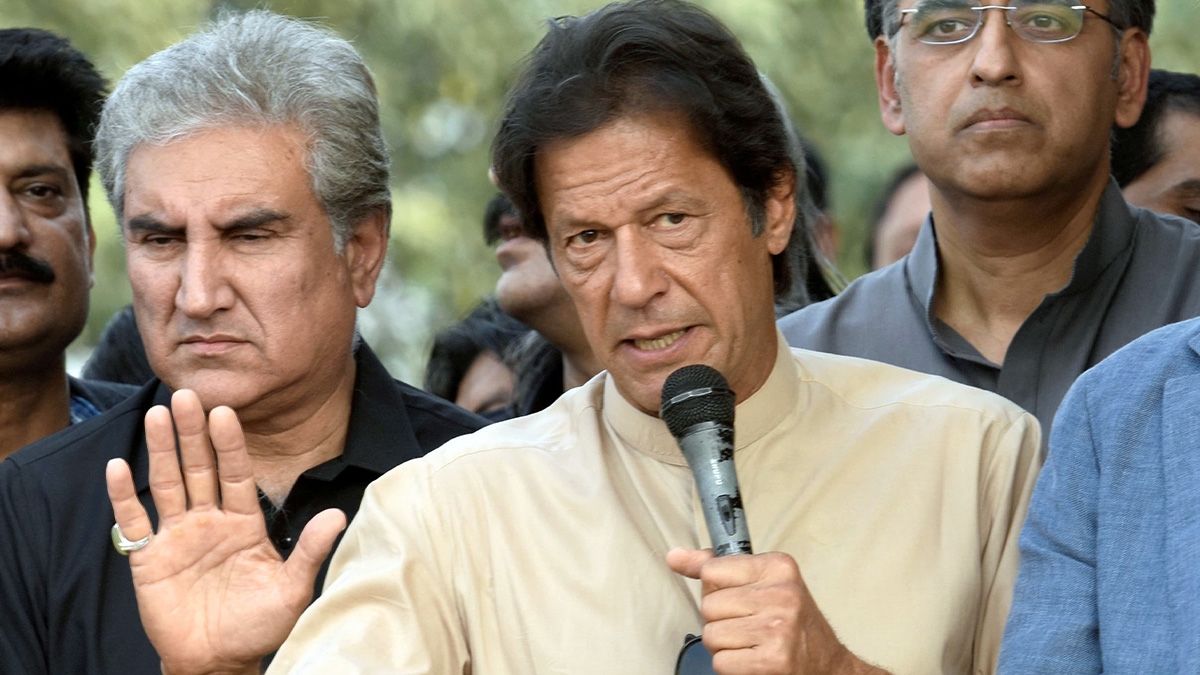
Proceedings Against the Party Chairman
On Tuesday, the Pakistan Tehreek-i-Insaf (PTI) requested additional time to respond to the Election Commission of Pakistan’s (ECP) notice and informed the commission’s four-member bench of the high court orders prohibiting it from making a final decision regarding the contempt proceedings against the party chairman and two leaders.
PTI attorney Ali Bukhari appeared before the bench and stated that he had “learned about the [ECP] notice just verbally” and needed more time to submit the power of attorney to plead the case. He asked for more time to prepare a response and stated that he was “unsure why the notice was given.”
As a result, the commission postponed till September 7 the hearing of the contempt charges against Imran Khan, Asad Umar, and Fawad Chaudhry.
Rawalpindi Bench of the Lahore High Court
The Rawalpindi bench of the Lahore High Court (LHC) also issued an order to prevent the commission from making a decision in the matter on a plea from Mr. Fawad, a day after the Sindh High Court (SHC) had done so on Mr. Umar’s petition, the ECP was also informed of this.
Read More | Shehbaz Wants to Work With Imran Khan ‘For Crisis Sake’
Read More | Govt to formulate response centre to manage flood crisis
Notices were given to Mr. Khan and two other PTI leaders for using “intemperate, unparliamentary language” against the electoral body and Chief Election Commissioner Sikandar Sultan Raja, according to the ECP spokesperson.
The ECP urged the three leaders to explain their viewpoint with reference to their “contemptuous” remarks in the notices that were sent out after the electoral body analysed the speeches of the three leaders.
Lahore High Court blocked the ECP
On Tuesday morning, the Rawalpindi bench of the LHC blocked the ECP from acting against Mr. Fawad due to his objection to the notice.
The attorney for Mr. Fawad, Advocate Faisal Farid, appeared before Justice Jawad Hassan and contended that because the ECP was not a court, it was not covered by the Constitution’s “contempt of court provisions.”
The court sent a notice to the ECP asking for its response on September 7, but restrained itself from making a final decision on the contempt case.



